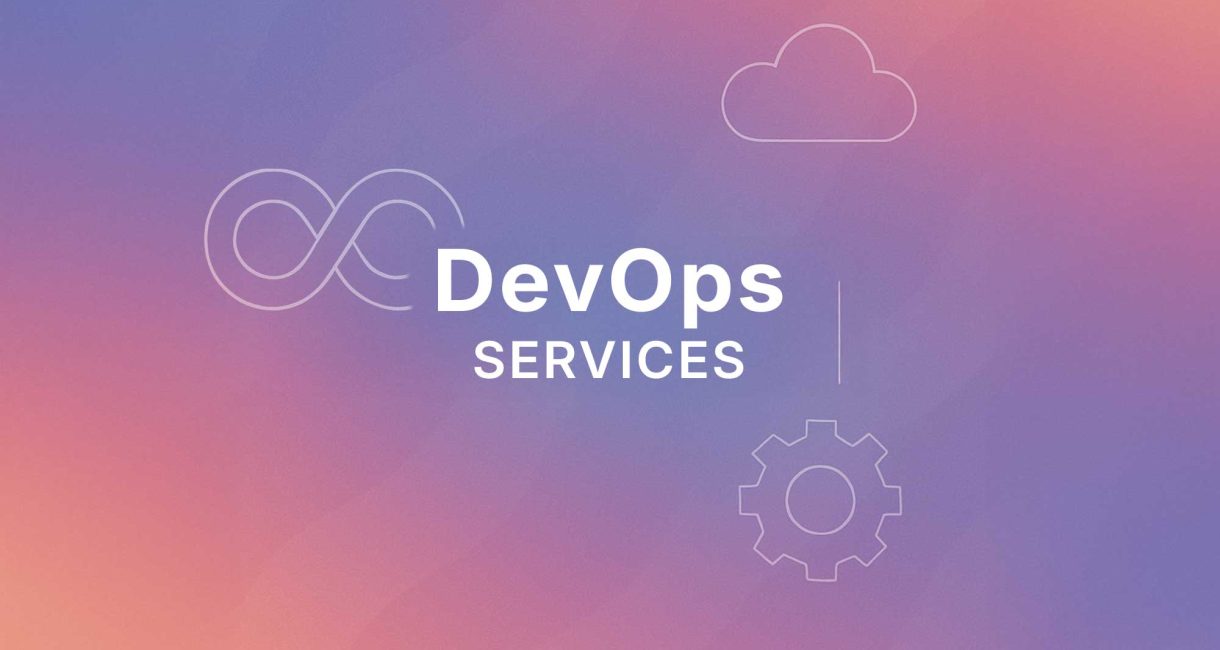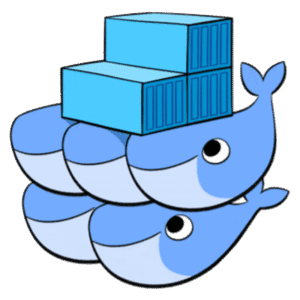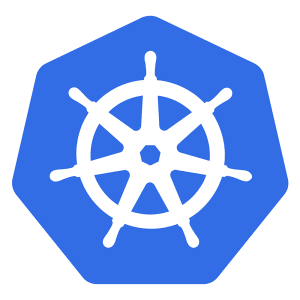Our Services
We automate and optimize your software lifecycle with advanced DevOps practices, enabling faster releases, reliable environments, and seamless collaboration between development and operations teams.

Service strengths
With our DevOps Services you can achieve:
- Continuous Integration & Delivery (CI/CD)
Automated pipelines that build, test, and release code securely and consistently, reducing deployment times.
- Infrastructure as Code
Manage infrastructure (servers, networks, storage) through code, ensuring consistent, versionable, and replicable environments.
- Advanced Monitoring & Logging
Centralized systems to track performance, errors, and business metrics, with proactive alerting to prevent downtime.
- Integrated Security & Compliance
Automated vulnerability scans, centralized secret management, and policy-as-code to ensure GDPR compliance and meet industry requirements.
Third-party technologies

Hetzner
Automated provisioning of bare-metal servers and VMs, with APIs for orchestration and on-demand scalability.

Aruba
Use of certificates and digital signatures to ensure pipeline integrity and release traceability.

Google Platform
Cloud services (Cloud Build, Cloud Run, Kubernetes Engine) to implement CI/CD, containerization, and auto-scaling.

Infisical
Centralized secret and credential management with Infisical, ensuring secure and auditable pipeline access.

Gitea
Lightweight, self-hosted Git hosting integrated into CI/CD for versioning and controlled collaboration.

Vercel
Instant frontend deployments with Vercel, connected to DevOps pipelines for previews and automatic rollbacks.

Docker
Containerization with Docker to provide reproducible environments, isolation, and portability across stages.

Docker Swarm
Simple cluster orchestration with Docker Swarm for quick scaling and resilient container distribution.

Kubernetes
Cloud-native orchestration with Kubernetes, enabling scalability, self-healing, and controlled rollouts.
The challenges we solve
We deliver concrete solutions to overcome the most common DevOps obstacles:
- Error-prone manual deployments
- Fully automated CI/CD pipelines
- Eliminating manual interventions and ensuring repeatable releases
- Environment inconsistencies
- Define infrastructure as code to create identical environments
- Ensure consistency across development, testing, and production
- Limited operational visibility
- Centralize monitoring and logging
- Configure proactive alerts to act before disruptions occur
- Slow feedback cycles
- Reduce iteration time with automated tests integrated into pipelines
- Provide developers with immediate feedback
- Unmanaged security risks
- Integrate security scans and policy-as-code into pipelines
- Ensure continuous compliance and secret protection
Frequently asked questions
We know introducing a DevOps approach can seem complex: here are detailed answers to the most common questions to guide you confidently through transforming your IT processes.

Which CI/CD tools do you recommend?
The choice depends on context: we usually recommend Jenkins or GitLab CI for on-premise installations, and Cloud Build or GitHub Actions for cloud-native solutions.
How do you manage environment configuration?
We use Infrastructure as Code with Terraform and Ansible to define and version every resource, ensuring consistency and fast provisioning.
Can DevOps be integrated with SPID and PagoPA?
Certainly: we create modules and webhooks that integrate SPID authentication and PagoPA payments directly into deployment pipelines and end-to-end tests.
How do you monitor pipeline security?
We include security scanning steps (static code analysis, container vulnerability scans) and manage secrets with Vault or KMS, ensuring a complete audit trail.
Do you provide training for my DevOps team?
Yes: we organize hands-on workshops on CI/CD, IaC, monitoring, and DevOps best practices, enabling your team to independently manage the entire release pipeline.



